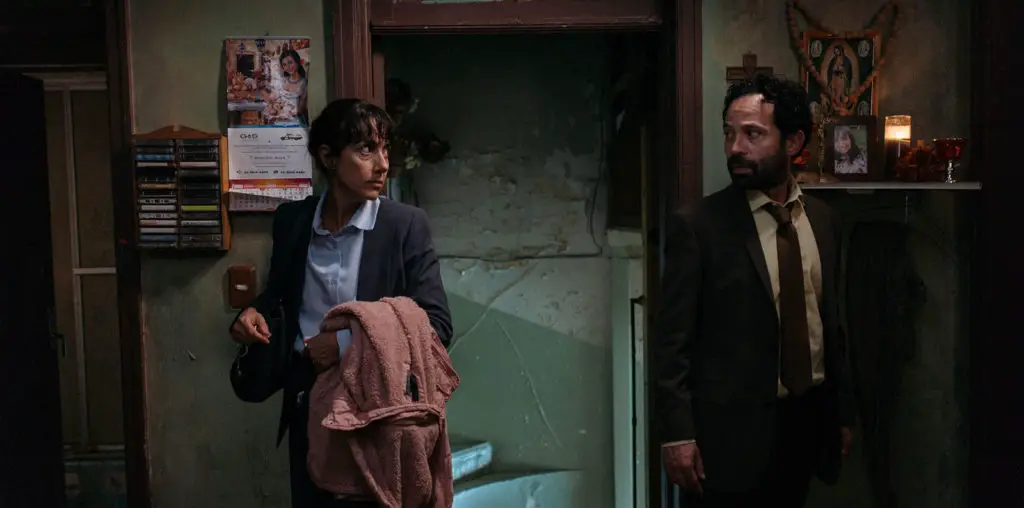
The all-knowing Dr. Diego, director of The Fountain of Beauty, promises that every woman can be as breathtakingly beautiful as his lovely blonde spokeswoman, but at what cost?
Eric Blair’s Artificial Beauty is a short drama that explores the secret hopes and dreams of 18-year-old Calli, set on going to the prom with the jock of her dreams. The problem is he doesn’t know she’s alive. To further muddy up the works, Calli’s absolutely convinced that she’s the ugliest human being on the planet. It also doesn’t help that an all-powerful high school meanie stands in her way at all times, and that even childhood pal Lucas seems intent on sabotaging Calli’s happiness, too.
So what’s the answer?
Plastic Surgery of course! And the more procedures the better, according to Dr. Diego. As for any pain involved, the sagacious one claims that pain is the most necessary step toward “true beauty,” so why not just accept this and get on with the matters at hand. Of further note, financing is never discussed, but no matter that, after all, what happens in movies is only make believe, right?
For the most part, Artificial Beauty is an intelligent and provocative film that speaks volumes about self esteem issues in young girls and women, and how the societal pressure to be as glamorous as, if not more than, the models shown in the media is the most important means to success and happiness for the female sex. So when boys pass Calli by because her nose is too prominent, and her body and personality are simply too Plain Jane to overlook, it’s not surprising that Calli’s inferiority complexes kick in at supreme levels. Blair’s basic premise is one of sexism of course—that the males in our society are as superior as previously thought—and that females better measure up, or else.
Unfortunately, what weakens Artificial Beauty a bit too much is it’s overly moralistic approach that, once again, reminds me of a religiously bent After School Special. Don’t get me wrong, I’m all for teaching moral values to young people. After all, how else can kids learn that mutual respect for diversity is what’s truly important in the long run? Still, I don’t think a film should be quite as preachy, especially when it interferes with viewers using their own minds to interpret the story.
Another thing that I didn’t quite understand is why Calli, and those that constantly put her under the social microscope, continuously talk about how Calli’s nose destroys the beauty of her face, due to its immense size. Clearly Holly Maag, the actor who portrays Calli, doesn’t have a prominent nose, and as far as I can see, there’s absolutely no theatrical attempt to create such an illusion. Unless of course, none of the accusing characters really exist, apart from Calli’s imagination… but I really don’t think Blair is reaching quite that far in Artificial Beauty.
In spite of its weaknesses, I do think Artificial Beauty does present some very alarming social trends that shouldn’t be ignored, and is a film that should be seen by young and old alike.
This film was submitted for review through our Submission for Review system. If you have a film you’d like us to see, and we aren’t already looking into it on our own, you too can utilize this service.
